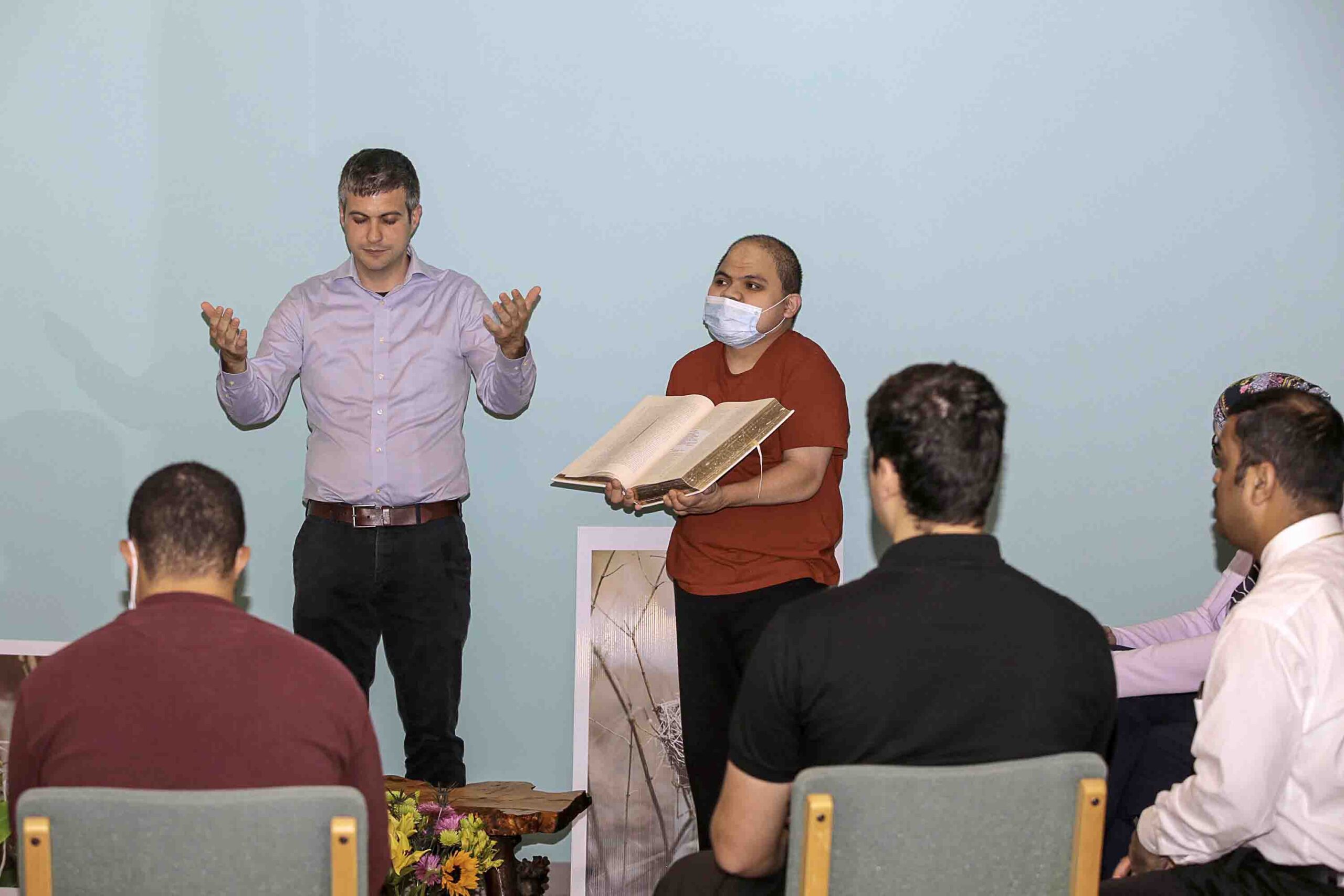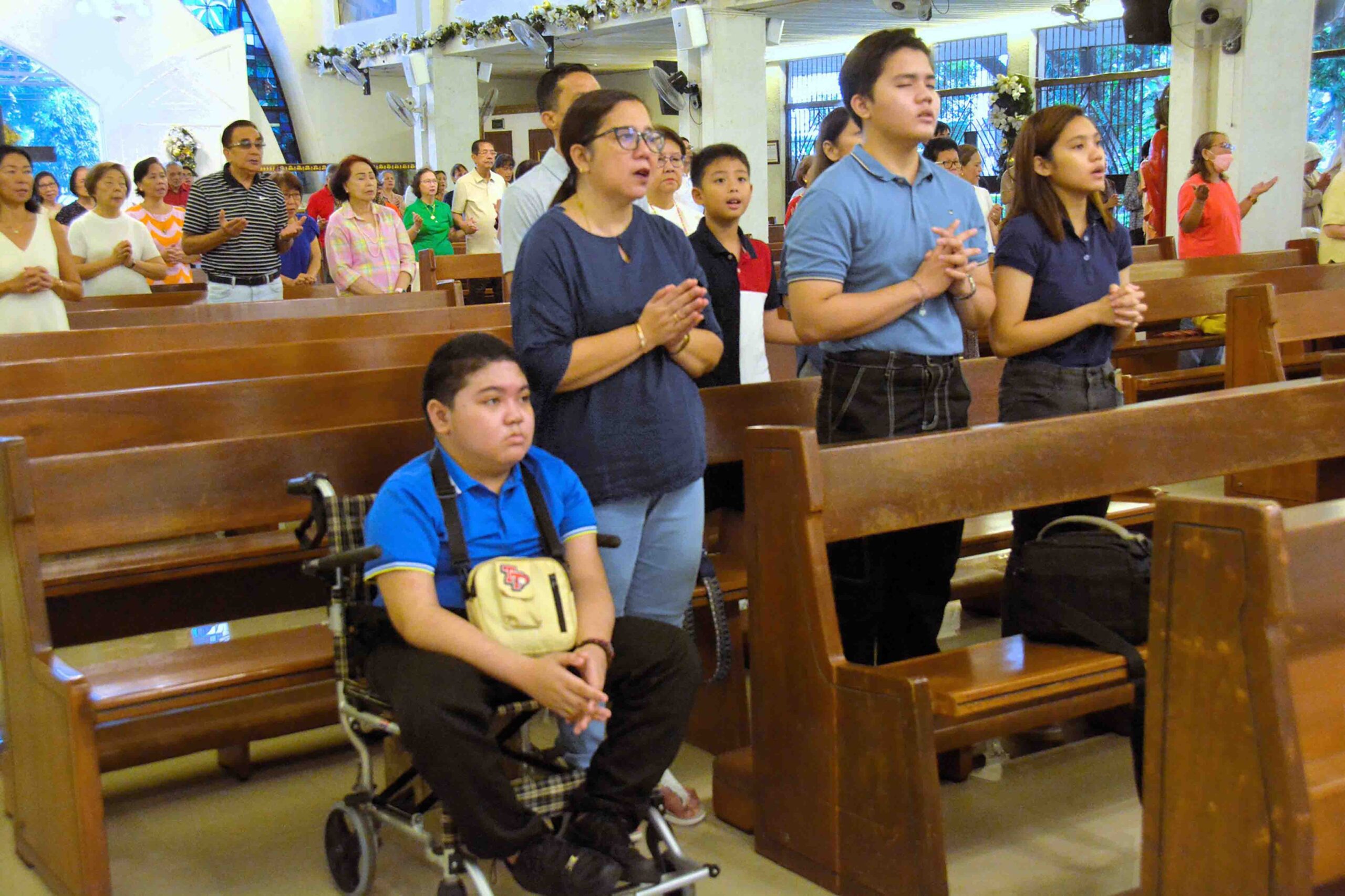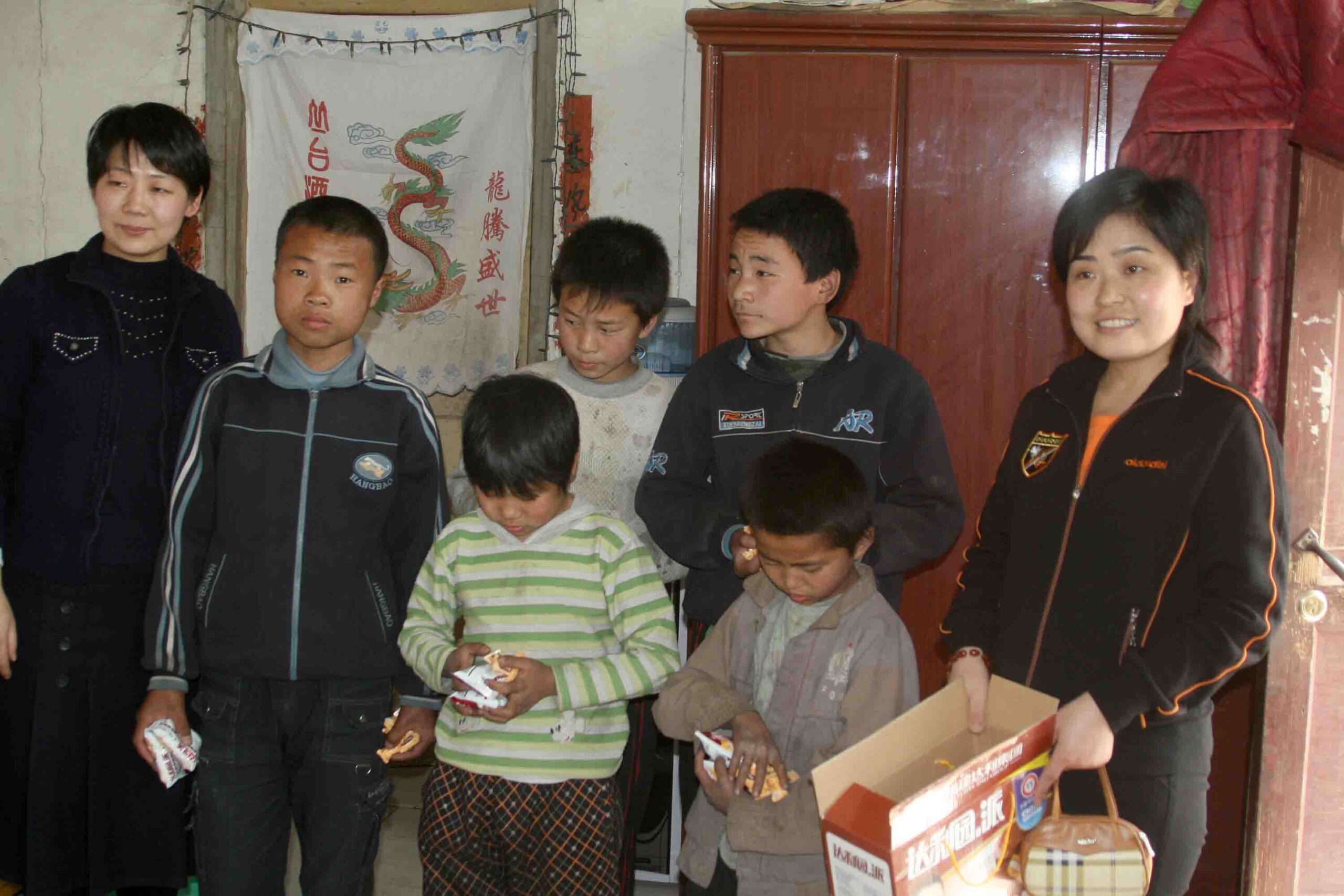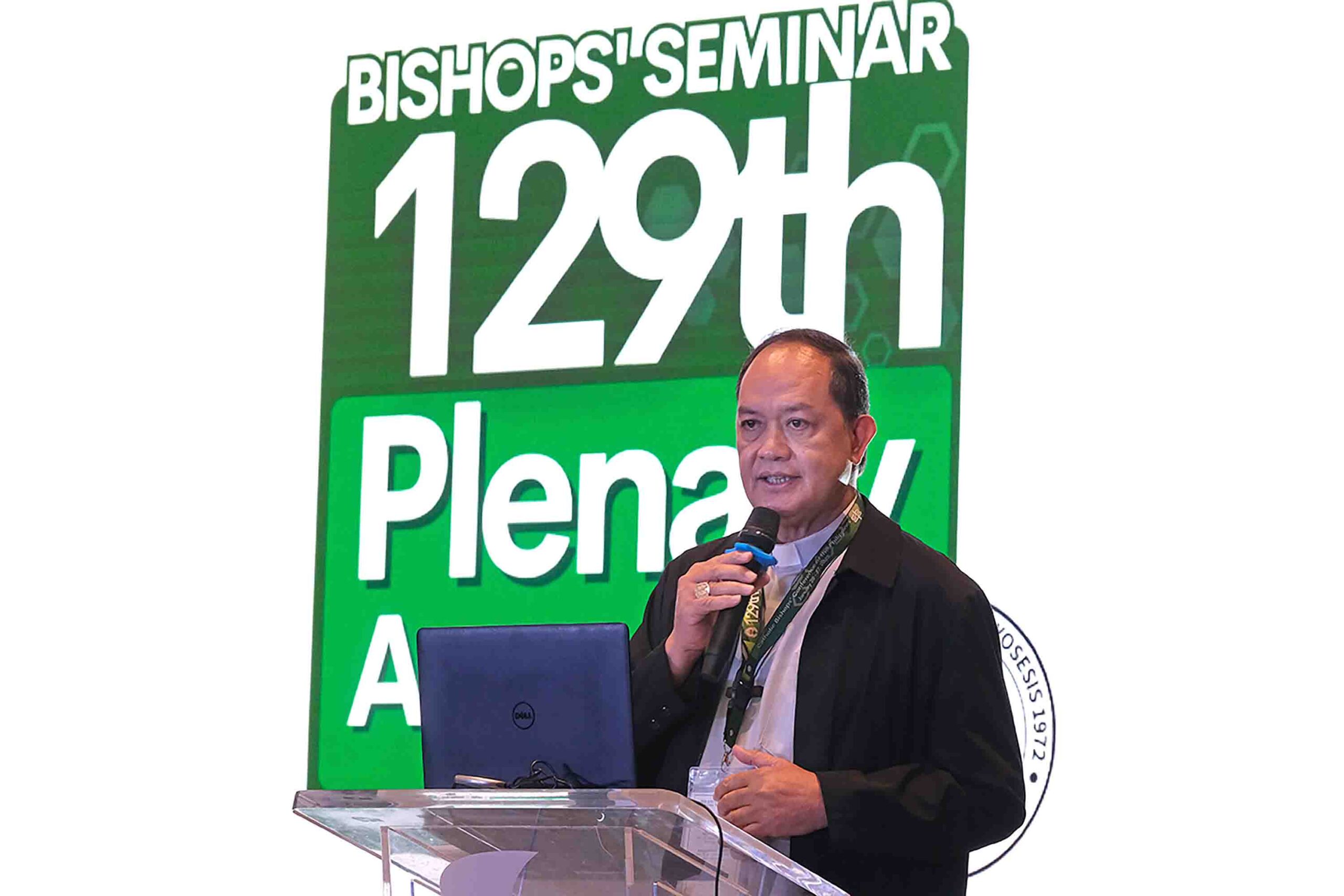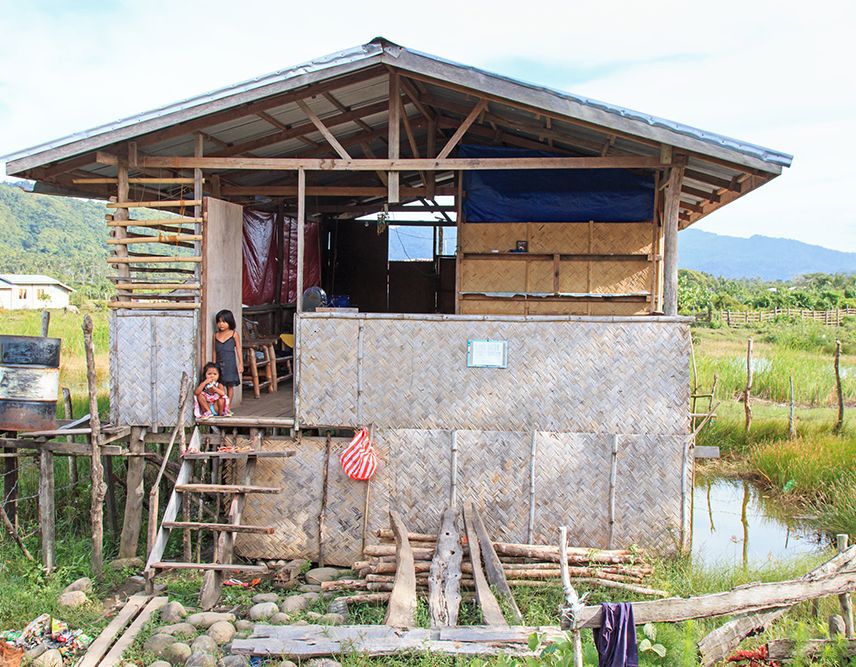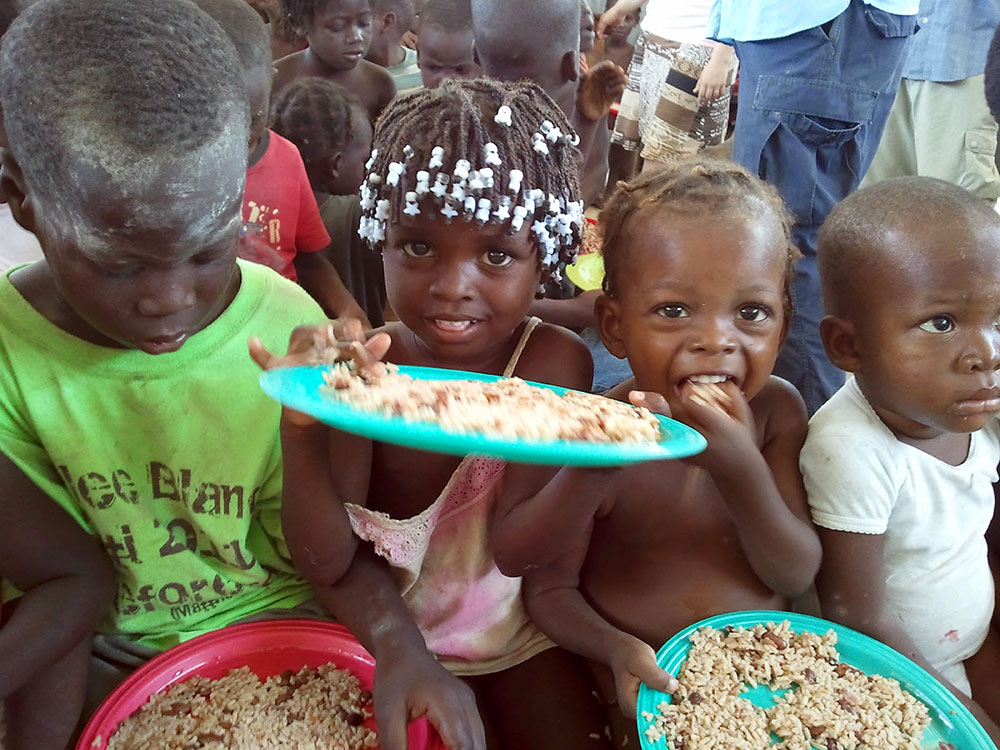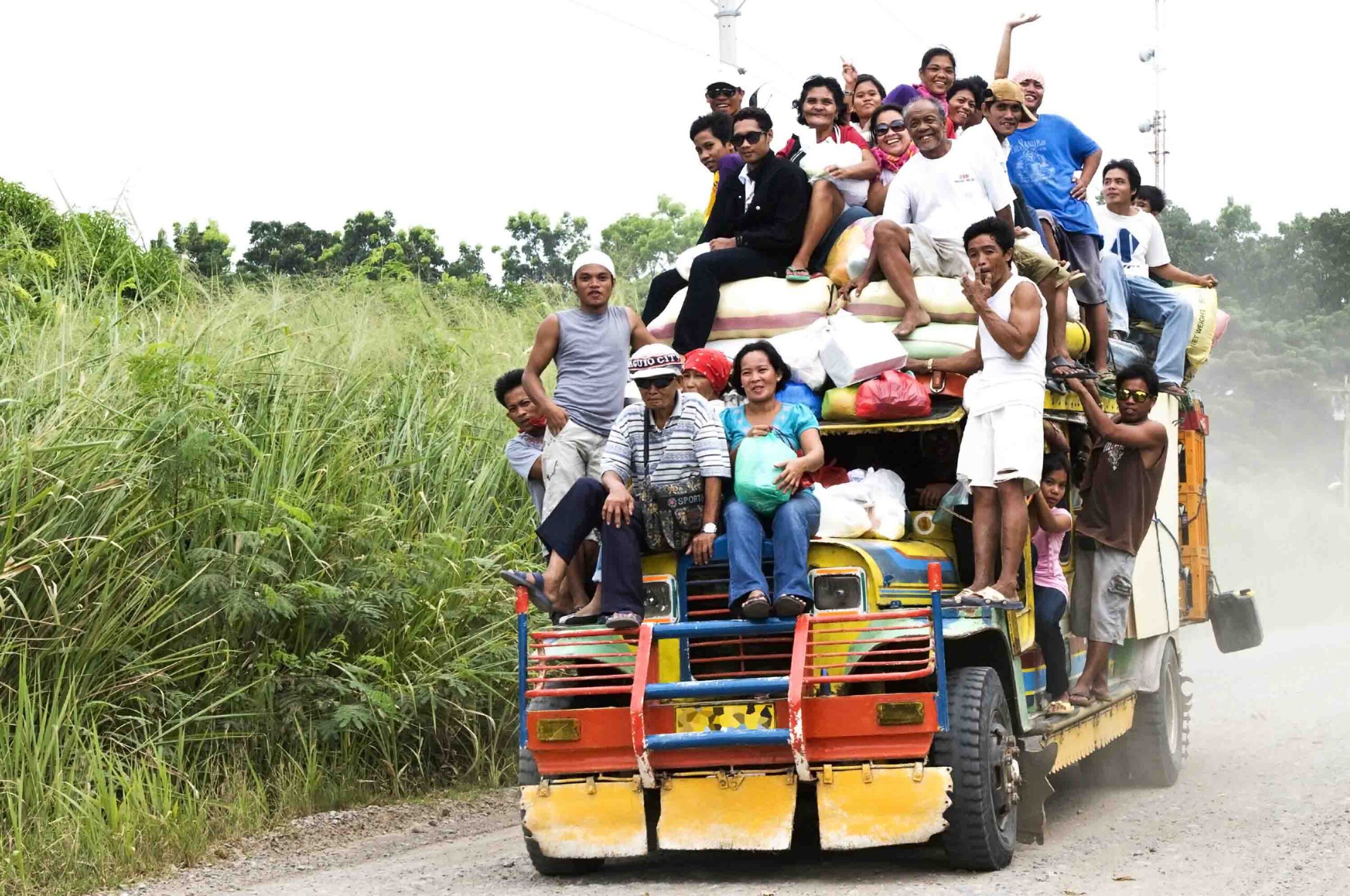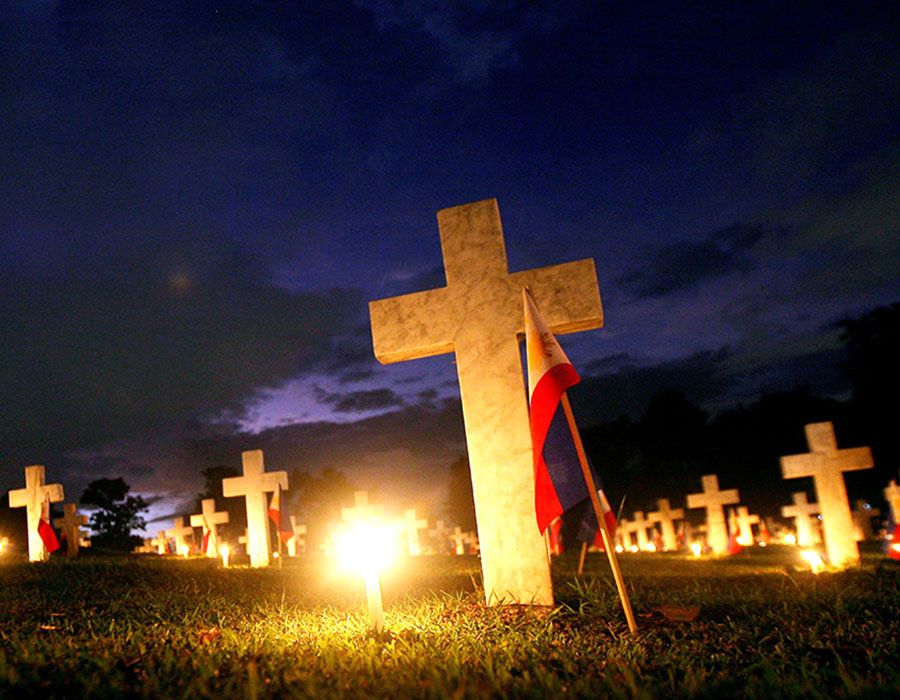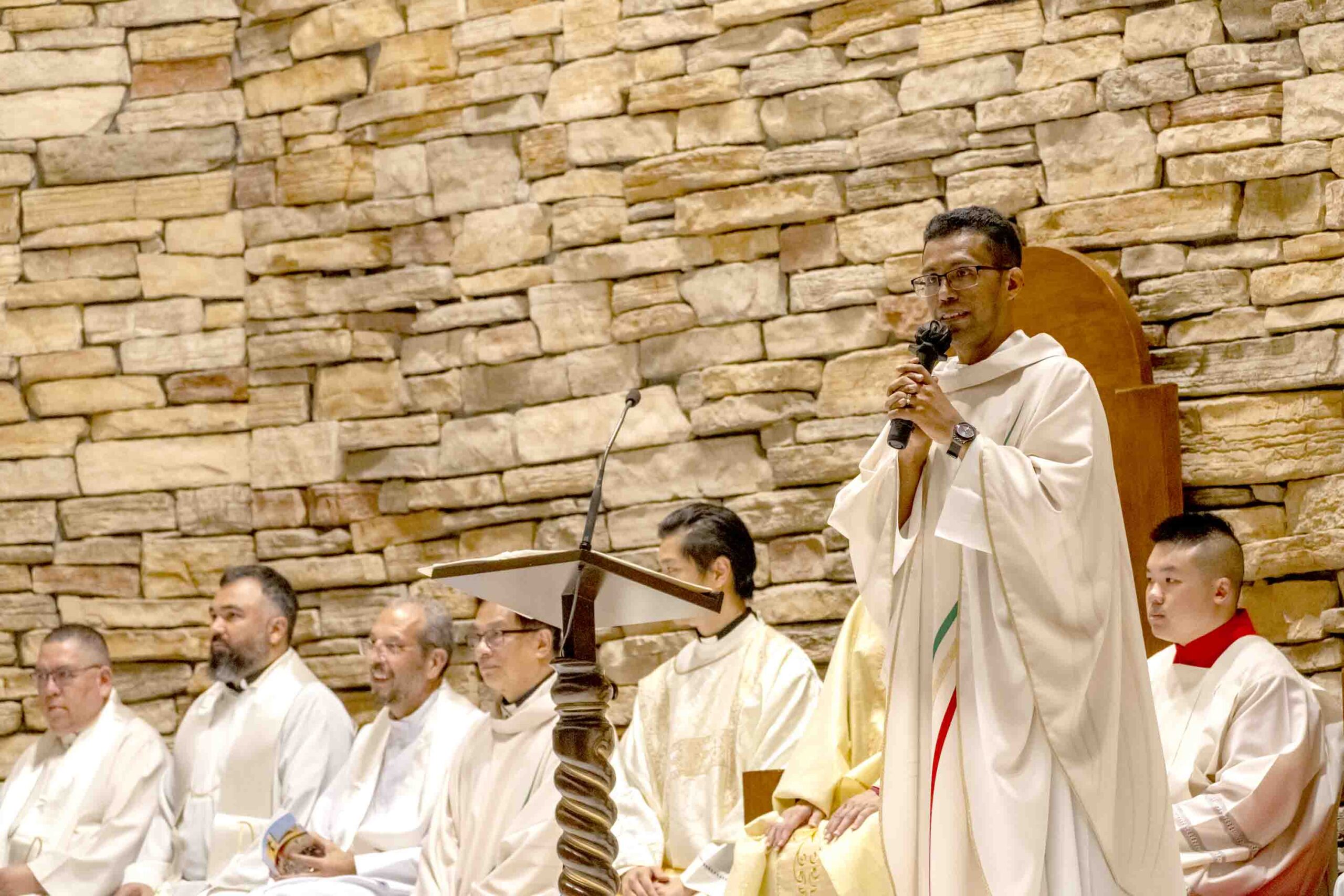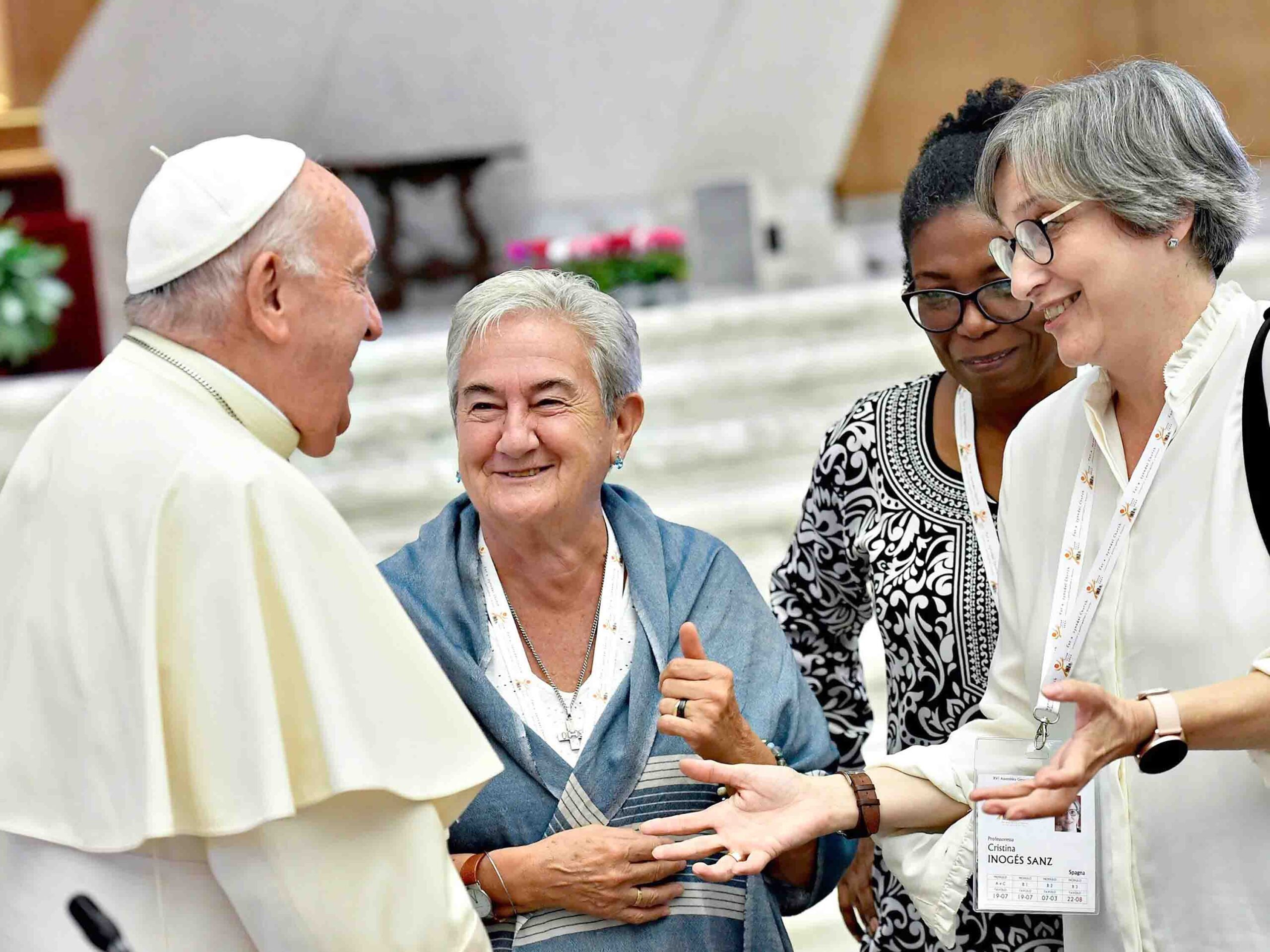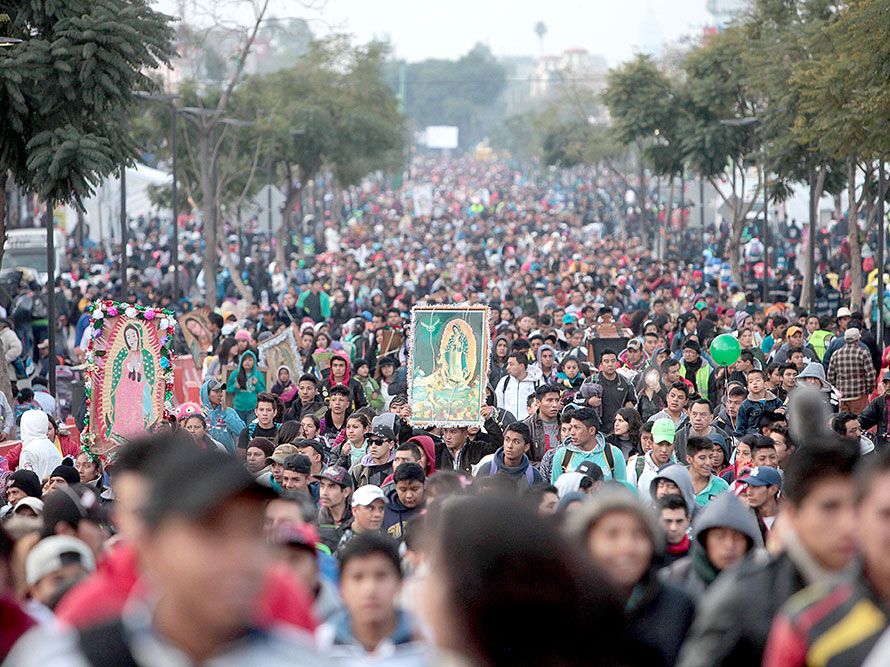Faith is often described as a journey–a path we walk, guided by love, hope, and community. But what does this journey look like for persons with developmental and intellectual disabilities (PDID)? How do we, as members of a global faith community communicate the essence of faith to those whose abilities and experiences may differ from our own? These are questions that have shaped both my personal reflections and my research on the Friendship Model of Inclusive Catechetical Communication.
One of the most inspiring responses to these questions comes from the Special Religious Development (SPRED) ministry, an international organization that began in the Archdiocese of Chicago, USA. SPRED is committed to providing catechetical support and fostering a sense of community for persons with developmental and intellectual disabilities.
At the heart of the SPRED community, individuals with developmental and intellectual disabilities are lovingly referred to as “friends,” a deliberate and meaningful choice that upholds their dignity and recognizes their invaluable presence within the faith community.
While its main center is in Chicago, SPRED’s mission extends worldwide, with active centers in the United Kingdom, South Africa, Australia, Mexico, Puerto Rico, and Canada. This international network is united by a shared commitment to creating inclusive spaces where faith can flourish for everyone, emphasizing relationships rooted in respect, mutual care, and the belief that every individual is a vital part of the Church.
Over my eight years of experience as a SPRED catechist, I have encountered moments that profoundly challenged my assumptions about how faith is shared and communicated. These experiences broadened my understanding of what it means to journey alongside with our friends.
Initially, I thought that catechesis was primarily about instruction–teaching concepts, prayers, and doctrines. What I discovered, however, was a much deeper truth: catechesis in SPRED is about relationships. It is about walking with others, sharing moments of joy and vulnerability, and allowing mutual growth to transform both catechists and friends. It is about friendships.
This journey has shown me that faith is not confined to words or intellectual comprehension; it is most powerfully communicated through presence, connection, and love.
FAITH THROUGH FRIENDSHIP
The Friendship Model of Inclusive Catechetical Communication, which emerged from my research and practice, is built on three key dimensions: intimacy, inter-animating collaboration and interculturality. These dimensions go beyond the traditional framework of catechesis, offering a holistic approach to sharing faith that prioritizes relationships over instruction.
Intimacy, for example, emphasizes creating supportive, personal connections. One moment from my experience vividly stands out. During a SPRED session, I was paired with a young man named Miguel, who communicated primarily through gestures and facial expressions.
A shared smile, a nod of encouragement, or the gentle guidance of his hand was enough to convey care and connection. In that moment, Miguel taught me something profound: faith is often most powerfully communicated through presence, not words.
The second dimension of the Friendship Model is inter-animating collaboration, which focuses on mutual learning and spiritual enrichment. One evening, during a reflection session, a participant named Sarah shared her understanding of God’s love through a simple drawing–a heart surrounded by radiating lines. Her joy in explaining her artwork was contagious, and her insight struck me deeply. “God’s love,” she said, “is like sunshine. It reaches everyone, even if they can’t see it.” Her perspective enriched my own understanding of God’s boundless love, reminding me that faith is not about intellectual mastery but about the heart’s capacity to perceive and share.
The third dimension, interculturality, ensures that catechetical practices respect and incorporate diverse cultural backgrounds. In one session, we explored the theme of hope through the use of a candle–a symbol that transcends cultures. Participants were invited to light a candle and share what gave them hope. For one participant, it was their grandmother’s prayers; for another, it was the sunrise over Lake Michigan. These moments of sharing highlighted the richness of our cultural diversity and reinforced the idea that faith is a universal language, spoken in many ways.
This affirmation resonates deeply with the spirit of the Friendship Model. It challenges us to move beyond viewing persons with disabilities as recipients of ministry and to see them as active contributors to the Church’s mission. Their experiences, perspectives, and gifts enrich the entire faith community, reminding us of the boundless diversity of God’s image.
Here are five practical steps to help parishes foster inclusivity, particularly for persons with developmental and intellectual disabilities (PDID):
1. Prioritize Relationships
Catechists and parishioners should focus on creating personal connections with PDID, ensuring that their unique needs and perspectives are recognized and valued. This can be achieved through consistent, one-on-one interactions, listening with care, and celebrating their achievements within the community. These relationships foster a sense of belonging and help participants feel truly included in the parish family.
For example, simple gestures like greeting individuals by name, acknowledging their presence during liturgies, and offering a smile can make a significant impact. These small but meaningful actions communicate that they are not only welcome but deeply valued in the faith community.
2. Adapt Communication
Non-verbal communication, such as gestures, facial expressions, and visual aids, is vital in reaching individuals who struggle with verbal communication. Sensory-friendly materials, tactile Bibles, and visual storytelling can make catechesis more accessible. Additionally, creating opportunities for repetition and using clear, simple language can help reinforce understanding.
Adapting communication methods ensures that everyone can engage with the teachings of the Church in a way that resonates with their abilities and experiences. This step not only enhances understanding but also affirms their dignity and inclusion in the community.
3. Celebrate Diversity
Inclusion thrives when we honor and celebrate the diverse cultural and personal backgrounds of all participants. This involves incorporating cultural symbols, rituals, and stories into catechesis and liturgies that resonate with the participants’ heritage and experiences. By doing so, we create a welcoming environment that affirms each individual’s identity and fosters mutual respect.
For instance, using music, prayers, or visual elements from different cultures during Mass or catechetical sessions can highlight the universal nature of the faith. Celebrating diverse traditions not only enriches the spiritual experience but also strengthens the bonds within a multicultural community.
4. Create Accessible Environments
Physical and emotional accessibility is crucial for inclusivity. Parishes should ensure that their spaces are free of barriers that might prevent full participation. This includes providing ramps, wider doorways, and accessible seating for individuals with mobility challenges. Sensory-friendly environments–such as soft lighting, quiet spaces, and the option to use noise-canceling headphones–can make a significant difference for individuals with sensory sensitivities.
Moreover, emotional accessibility involves creating a safe and welcoming atmosphere where PDID feels accepted and supported. Catechists and parishioners can achieve this by fostering patience, understanding, and kindness in their interactions.
5. Engage in Mutual Learning
Inclusivity is a two-way journey where catechists and participants grow in faith together. Approaching catechesis as a collaborative effort ensures that all voices are heard and valued. Participants with disabilities often bring unique perspectives and insights that can deepen the community’s understanding of God’s love and grace.
Catechists should reflect on their own experiences and learn from the participants, embracing the idea that teaching is not about imparting knowledge but about sharing in the faith journey. This mutual learning fosters spiritual enrichment for everyone involved and strengthens the communal bonds within the parish.
FAITH AS A SHARED JOURNEY
My journey with SPRED has been both humbling and inspiring. It has taught me that faith is not about achieving perfection or intellectual understanding but about building connections, showing love, and walking alongside others in their spiritual journey. The Friendship Model of Inclusive Catechetical Communication demonstrates that everyone, regardless of ability, has unique gifts to contribute to the faith community.
This truth is beautifully reflected in my interactions with four dear friends in my faith community at the Parroquia Virgen del Alba in Alcorcón, Spain, where I served.
Eugenio, who attends and serves as a lector at the 10 a.m. Mass always reads with passion and joy, inspiring the congregation with his heartfelt delivery. Sergio regularly requests to encounter Christ in confession, demonstrating a deep and personal desire for God’s grace. Patricia faithfully serves as a commentator at the Sunday evening Mass, contributing her voice to the liturgical celebration. And Javier, who faithfully attends Mass with his parents, witnesses the beauty of family and faith shared.
These interactions remind me that the presence and participation of every individual enriches our faith communities. I encourage every parish to take steps toward creating inclusive environments that welcome and celebrate individuals with developmental and intellectual disabilities. Together, we can build communities where everyone feels a sense of belonging and spiritual growth.
For guidance, training, and resources to implement SPRED in your parish, contact spred@archchicago.org and become part of this transformative mission to foster inclusivity in faith. Let’s join together to ensure that our parishes truly reflect God’s boundless love for all.

